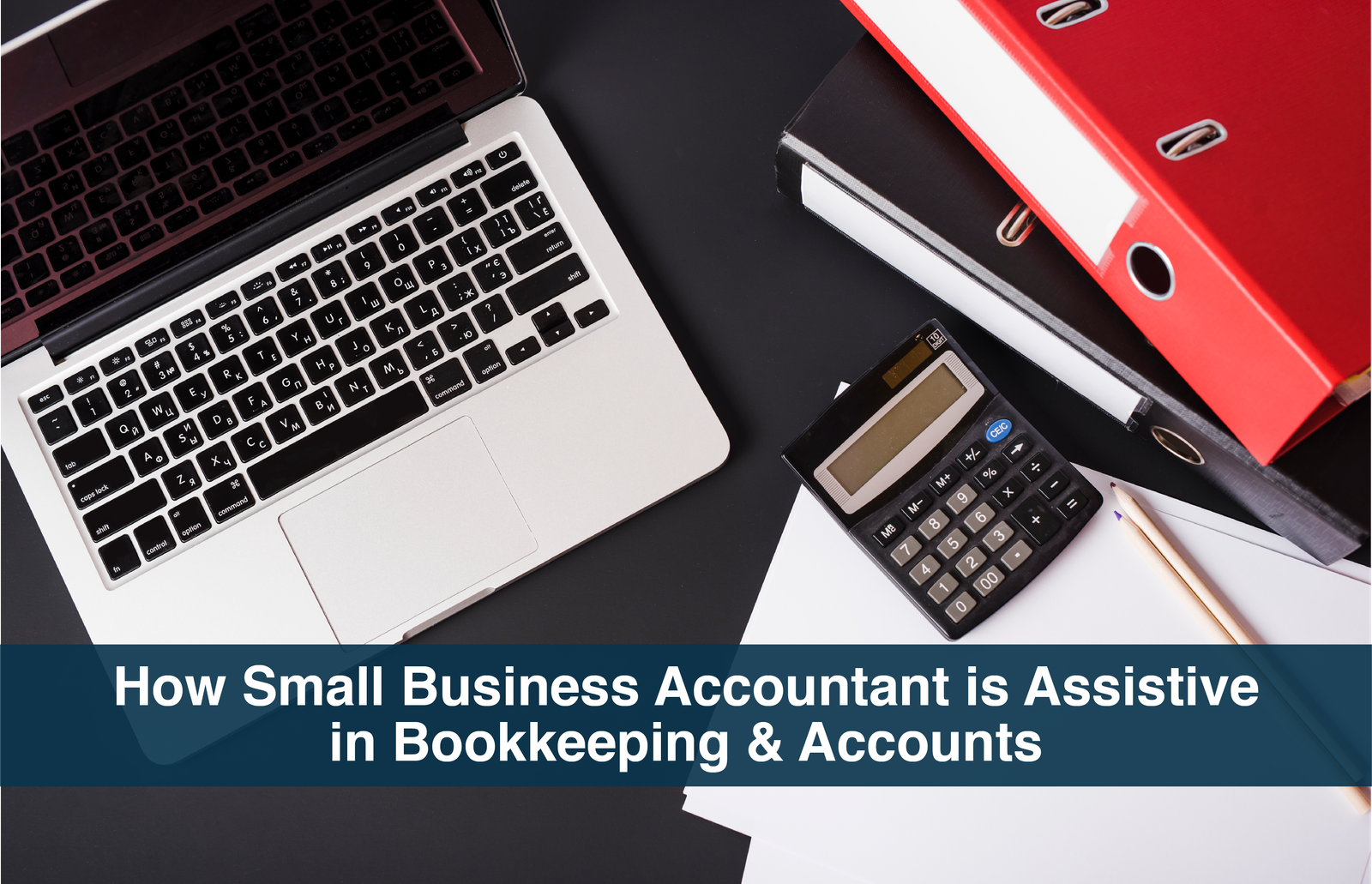Outsourcing accounting, payroll, and finance functions have become popular choices for businesses aiming to streamline operations and focus on core competencies. This article delves into the world of outsourcing and examines the pros and cons associated with it. Whether you’re a small business owner or part of a large corporation, understanding the potential benefits and drawbacks of outsourcing these critical tasks can help you make an informed decision for your organization.
Outsourcing Accounting: Pros and Cons
Outsourcing accounting can significantly impact a business, both positively and negatively. Below are the pros and cons to consider before making this strategic decision.
Pros of Outsourcing Accounting
- By outsourcing accounting tasks, businesses can often reduce operational costs, as they don’t need to invest in hiring and training in-house accountants or purchasing accounting software.
- Outsourcing allows businesses to tap into a pool of skilled and experienced accounting professionals, ensuring accurate financial management and compliance.
- Delegating accounting responsibilities enables companies to concentrate on their core competencies, fostering growth and innovation.
- Outsourcing provides the flexibility to scale accounting services based on business needs, making it ideal for both startups and established enterprises.
- By entrusting accounting tasks to experts, businesses can save valuable time, which can be redirected towards strategic planning and decision-making.
- Reputable outsourcing firms employ the latest accounting technologies, ensuring efficient and streamlined financial processes.
- Professional accounting firms boast thorough quality checks, reducing the chances of errors and ensuring accurate financial reporting.
Cons of Outsourcing Accounting
Sharing sensitive financial data with third-party vendors raises security and confidentiality concerns, necessitating robust data protection measures. When outsourcing accounting overseas, language barriers and time zone differences can hinder effective communication.
Handing over accounting tasks to external parties means relinquishing some control over the process, which may not sit well with some business owners.
While outsourcing can save money in the long run, some businesses might encounter hidden costs associated with choosing the wrong service provider or misunderstanding contract terms.
Relying heavily on external providers for critical functions can lead to dependency issues, making it vital to choose a reliable and trustworthy partner.
Key Considerations for Outsourcing Payroll Services
Outsourcing payroll is a decision that can significantly impact an organization’s payroll management. Consider these essential factors when deciding whether to outsource payroll services.
Company Size and Complexity
Small businesses with straightforward payroll processes may find outsourcing unnecessary, as managing payroll in-house can be cost-effective. On the other hand, large corporations with complex payroll requirements might benefit from the expertise of outsourcing providers.
Compliance Requirements
Payroll processing requires strict adherence to legal and tax regulations. Outsourcing payroll to experts can ensure compliance with constantly evolving laws, minimizing the risk of penalties and fines.
Data Security
Payroll data is sensitive and must be handled with utmost care. Evaluate the data security measures of potential outsourcing partners to safeguard employee information.
Reputation and Experience
Choosing a reputable payroll outsourcing provider with a proven track record and positive client reviews is crucial for a successful partnership.
Advantages and Disadvantages of Outsourcing Finance Functions
Outsourcing finance functions, such as financial analysis, planning, and reporting, can have significant implications for a business’s financial management. Consider the following pros and cons:
Advantages of Outsourcing Finance Functions
-
- Specialized finance professionals can offer valuable insights and expertise, leading to better financial decision-making.
- Outsourcing finance functions can be more cost-effective than hiring and maintaining an in-house finance team.
- Outsourcing firms often have access to cutting-edge financial technologies, improving efficiency and accuracy.Delegating finance tasks frees up internal resources, allowing management to concentrate on strategic planning.
- Outsourcing finance functions can easily scale up or down based on business needs, providing the required flexibility.
Disadvantages of Outsourcing Finance Functions
-
- Relying heavily on external parties for financial functions might result in a loss of control and dependency on the outsourcing partner.
- Sharing financial data with third-party vendors may raise concerns about confidentiality and data security.
- Effective communication between the internal team and the outsourcing provider is crucial for successful financial management.
- Integrating outsourced finance functions with existing systems and processes can be challenging and time-consuming.
FAQs about Outsourcing Accounting, Payroll, and Finance
Is outsourcing accounting only suitable for large corporations?
No, outsourcing accounting can benefit businesses of all sizes, from startups to large enterprises.
How can I ensure data security when outsourcing payroll?
Choose a reputable outsourcing provider with robust data security measures and sign a comprehensive confidentiality agreement.
Can outsourcing finance functions improve financial reporting accuracy?
Yes, specialized finance professionals can enhance financial reporting accuracy through their expertise and advanced tools.
What are some potential hidden costs of outsourcing accounting?
Hidden costs may arise from miscommunication, poor vendor selection, or additional services not included in the initial agreement.
Is it common for businesses to outsource all their finance functions?
While some businesses outsource most finance functions, others prefer to keep certain tasks in-house for better control.
How can I assess the expertise of an outsourcing accounting firm?
Check the firm’s experience, client testimonials, industry reputation, and any relevant certifications or affiliations.
Conclusion
Outsourcing accounting, payroll, and finance functions offer numerous benefits, such as cost savings, access to expertise, and increased focus on core competencies. However, it’s essential to weigh these advantages against potential drawbacks, like security concerns and reduced control. Understanding the specific needs of your business and carefully selecting reputable outsourcing partners can help you make a well-informed decision. So, consider your organization’s unique requirements and evaluate the pros and cons before embracing outsourcing as a strategic solution.







